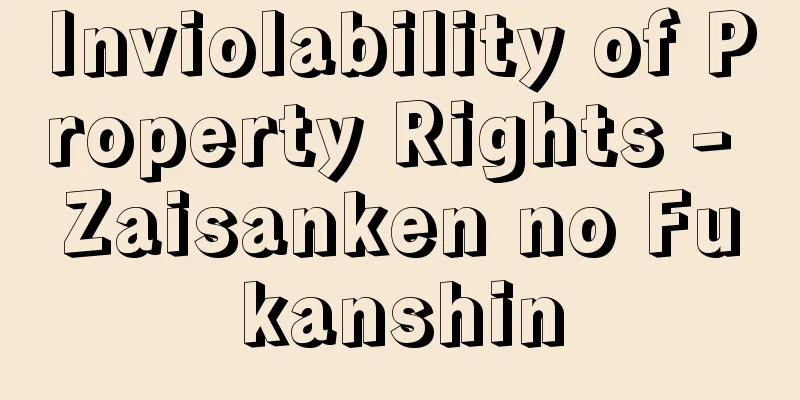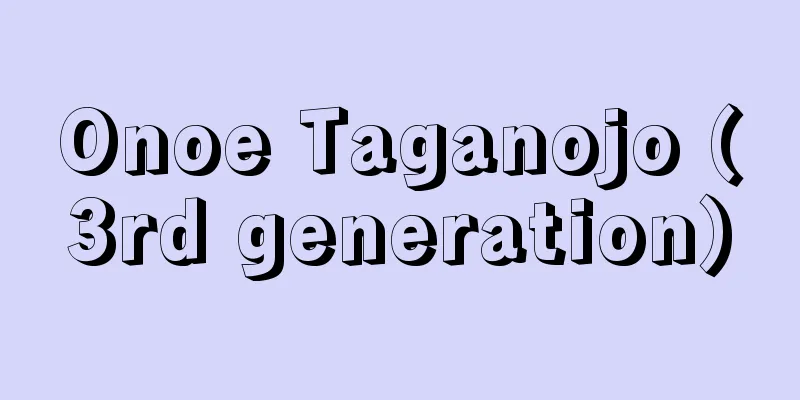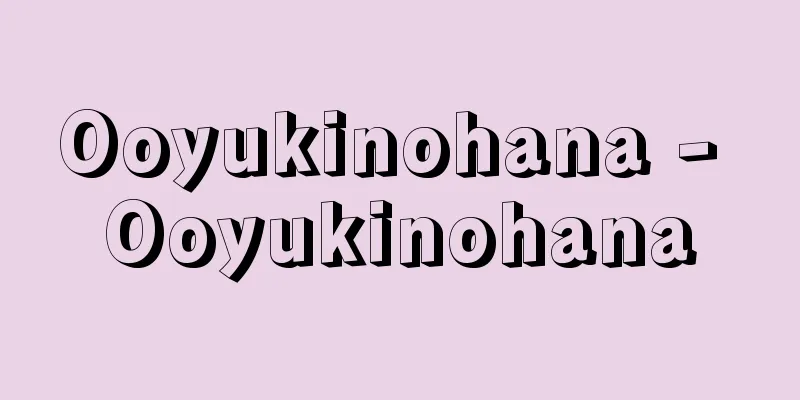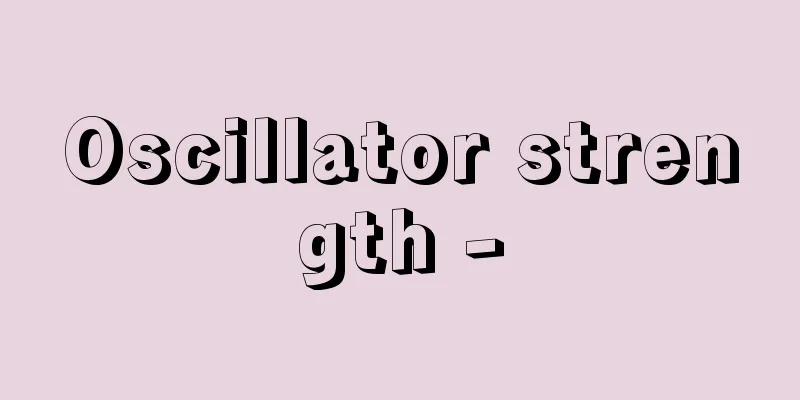Inviolability of Property Rights - Zaisanken no Fukanshin

|
The principle that property rights, especially ownership, cannot be violated even by public authorities. The French Declaration of the Rights of Man of 1789, a representative human rights declaration from the civil revolution period, positioned property rights as a natural right alongside liberty, security, and resistance to oppression (Article 2), and further recognized it as an "inviolable and sacred right" (Article 17). During the civil revolution, the importance of property rights as a human right was emphasized, as it constituted the economic foundation that made possible the existence of free and independent individuals. Source: Heibonsha World Encyclopedia, 2nd Edition Information |
|
所有権を中心とする財産権を,公権力といえども侵害しえないという原則。市民革命期の代表的な人権宣言である1789年のフランス人権宣言は,所有権を,自由,安全および圧制への抵抗と並んで自然権として位置づけ(2条),さらに,〈侵すことのできない神聖な権利〉(17条)として認めている。市民革命期においては,財産権は自由かつ独立の人格の存在を可能ならしめる経済的基盤を構成するものとして,その人権としての重要性が強調されたのである。
出典 株式会社平凡社世界大百科事典 第2版について 情報 |
>>: Property district - Zaisanku
Recommend
Peña, RS (English spelling) PenaRS
…The Rural Agricultural Society, founded in 1866,...
Ichiro Ishikawa
Business leader. Born in Tokyo. After graduating ...
Wehner, H.
...After Orenhauer's death in 1963, West Berl...
Ukitsuriboku - Ukitsuriboku
→Abutilon Source : Heibonsha Encyclopedia About My...
Aelia Eudoxia
?‐404 Wife of the Eastern Roman Emperor Arcadius. ...
Ship Lessee - Demise Charterer
A bareboat charterer is a person who, in a broad s...
Cucuteni
…The Neolithic and Copper Age cultures of Moldavi...
Shaped steel
…Many of the metal materials used for constructio...
Pointer [Type] - Pointer
A breed of dog. Height at the shoulder is 53-64cm....
East Asian Common Culture Association
A hardline foreign policy organization founded in...
Ajiina - Delicious
A legendary figure. A poem that was sent to the fa...
Automatic ticket gates
In railways and other transportation, the sale of ...
Takahata
A type of hand loom. Also called Yamato loom or K...
Kyozuka - Kyozuka
This is a small fiefdom in which Buddhist scriptu...
Sensory epithelium
The epithelium of animals that is made up of a lar...









